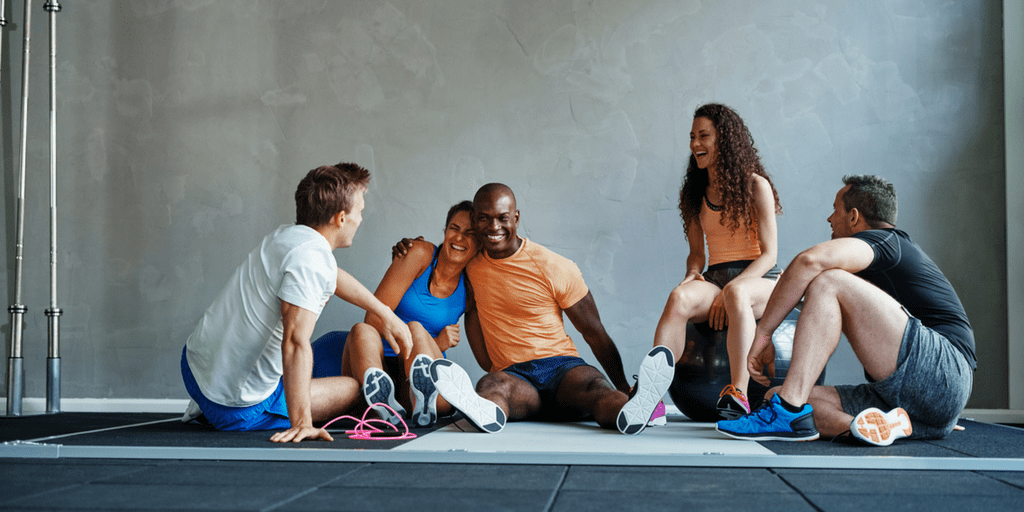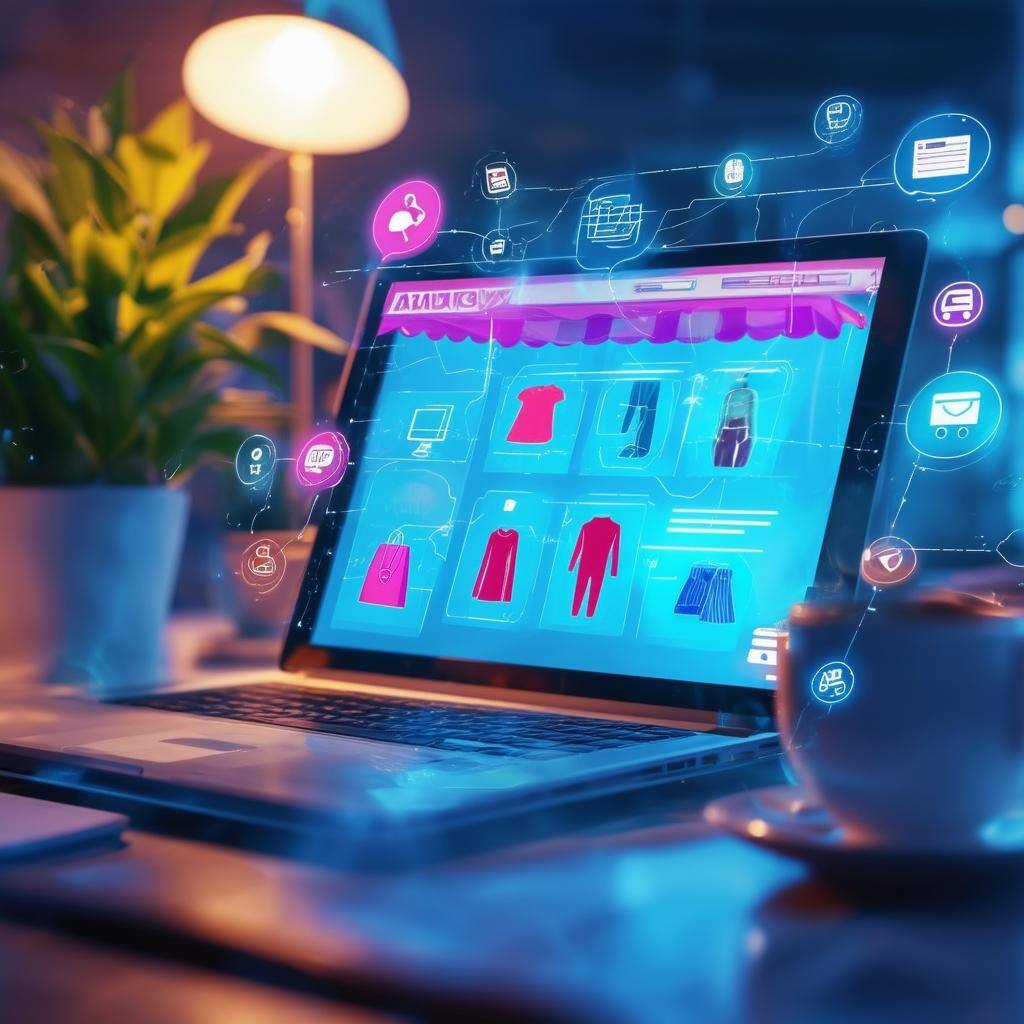Thinking about launching an athletic apparel brand? You’d be smart to consider it— the forecast in the fitness wear market looks super promising! Global Industry Analysts, Inc. recently reported that the global market for sports and fitness apparel is projected to reach $231.7 billion in the next eight years, citing an uptick in healthier consumers as the reason for the sector’s steady growth.
Another impetus for the growth is the world’s all-consuming obsession with athleisure — apparel designed for working out that can also be worn in casual, non-athletic settings. This new trend has helped sportswear brands morph into lifestyle brands, bringing more money to the market than ever before.
Here are some of the top trends of athletic apparel merchants who want to ramp up their sales to take advantage of this high-profit pocket.
Athleisure
The “sports leisure” trend is the primary driver of growth in the athletic apparel sector. Consumer researchers cite the casualization of the American dress code as a reason for why athleisure has taken off at full speed — Americans can wear sneakers with suits to work and branded joggers to barbecues without judgment! Companies have realized that gym clothes no longer equate to “lazy” or “scruffy” workers. Now, consumers wear them to exude wealth and high style.
Personalization
The desire for all things personalized is not unique to the athletic apparel industry, but it’s definitely one that fits here, especially for eCommerce retailers. Big-name brands like Nike and Adidas have rolled out programs that let consumers design their own shoes, making purchasing off the rack passé. In the same way that brands are personalizing goods, they’re also tailoring advertisements, using customer demographics to create more targeted ads.
Shoppable Social
Millennials don’t simply decide they want to buy a new pair of shoes and then go to a store to pick out a pair. Their buyer’s journey is much more circular and complex, and it often takes a side trip through social media. Brands are leveraging shoppable Instagram more than ever, allowing social browsers to make purchases right from the app.
‘Craft’ Designers
We’re not denying that Nike, Under Armour and Adidas, will continue to reign supreme in athletic apparel, but there’s a clear desire for small-scale, designer athleisure, especially from older millennials who have a little bit more money to spend. This all comes down to the consumer’s desire to stand out yet fit in — hence the rise in all things personalized. This will undoubtedly give new brands an opportunity to break into the market if they play their cards right.
Influencer Marketing
The sports industry takes particularly well to influencer marketing, in part because many aspiring athletes and health-focused consumers use hashtags like #fitspo on social media for inspiration. More and more brands, both big and small, are handing off their products to budding social stars to help promote their products.
Inclusiveness
After Lululemon’s CEO admitted that plus-size clothing was not part of its “formula” back in 2013, sportswear retailers took note. Exclude certain body types and you risk a public relations nightmare, not to mention alienating a major chunk of the money-spending market. These days, sports brands are making sure to include all body types in their marketing and product lineups, with many using plus-size models in their social media campaigns and digital ads.
The Takeaway: Keep Tabs on eCommerce Trends
These trends not only keep consumers interested, but they also encourage them to spend more. If shoppers will shell out a little bit more on things like personalization or are opting to shop with smaller designers instead of global brands, we can expect the industry to shatter projections in the coming years, racking up even more than expected. Athletic apparel merchants should keep a close eye on trends to ensure that they’re getting as much from the market as possible.





